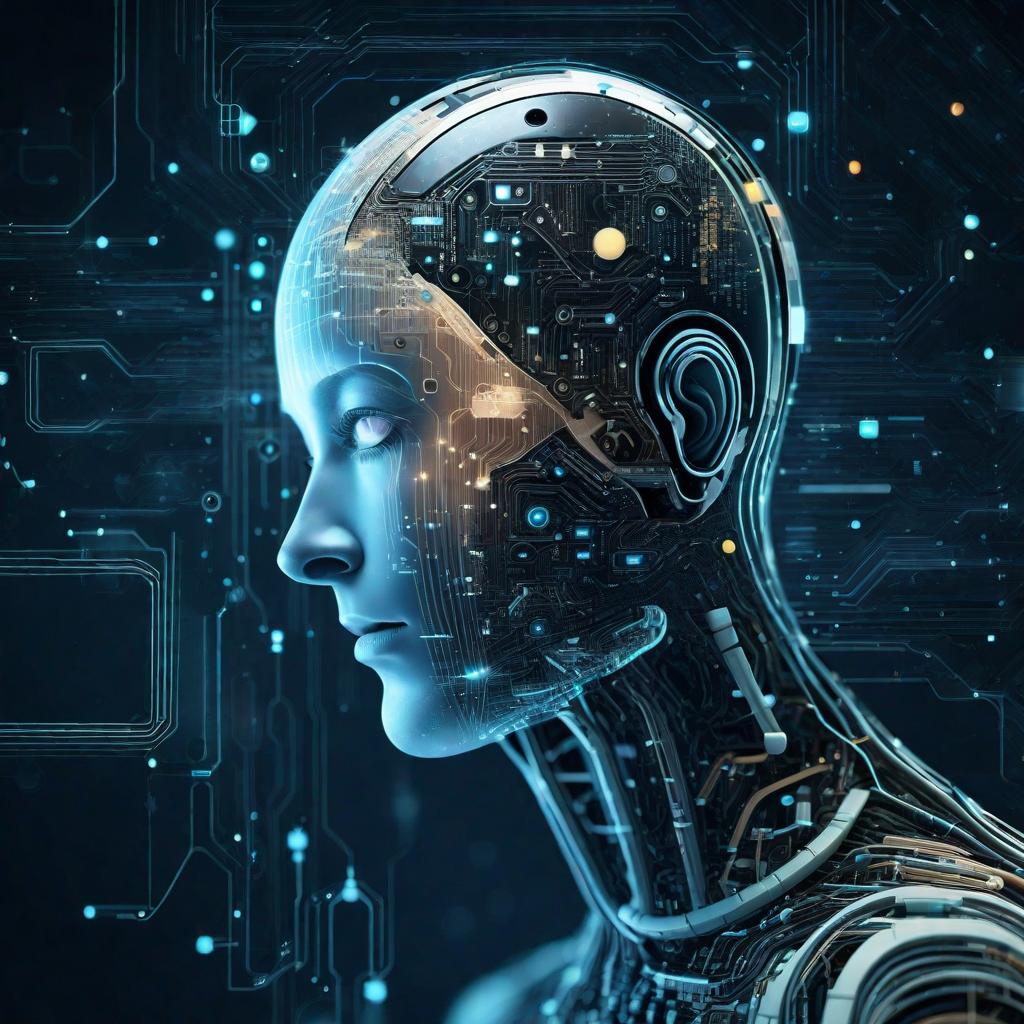
Artificial Intelligence (AI) is more than just a trendy term; It is a powerful force that has profoundly changed the course of human history. Artificial Intelligence has evolved dramatically since its inception in the mid-20th century to its current status as a pervasive technology. It has not only transformed certain sectors and industries but has also sparked debates about ethics, accountability and the course of humanity.
Thank you for Joining us on this fascinating technological and historical adventure as we explore the history of artificial intelligence and its impacts on our lives.
Table of Contents
History of AI Innovation
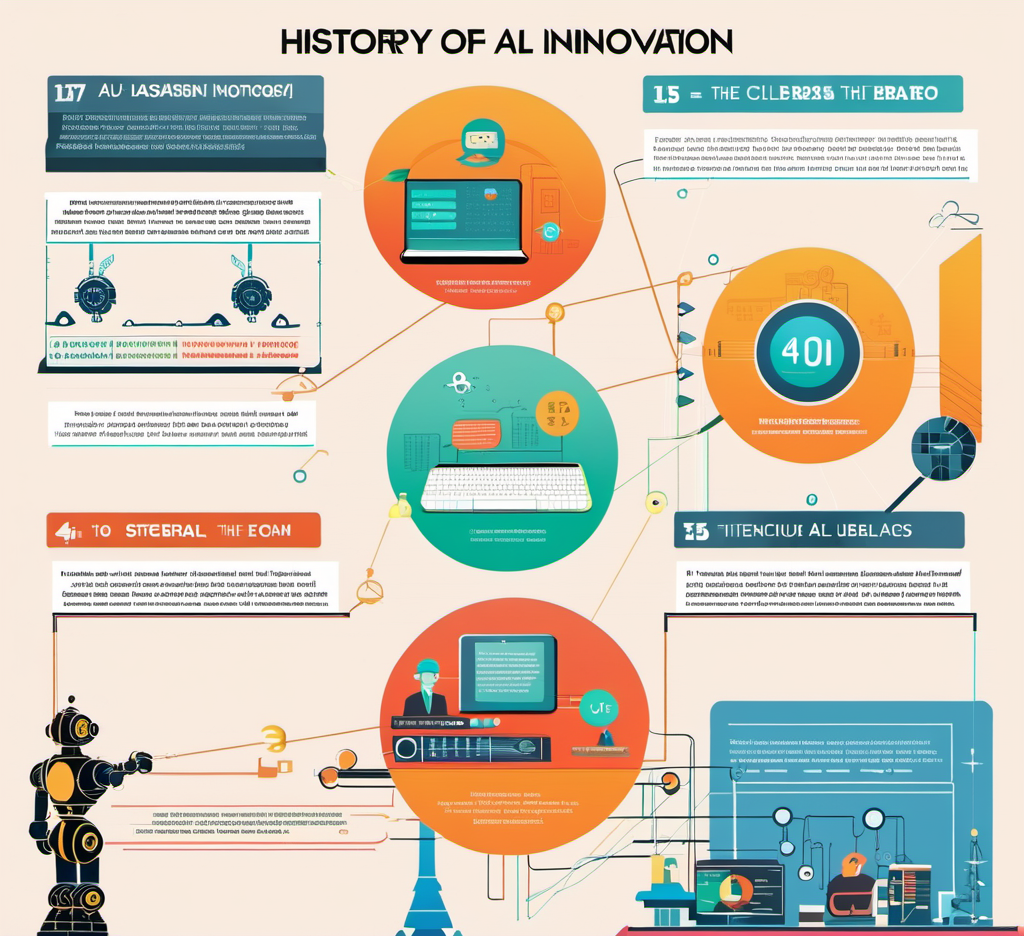
- Origins of AI (1943–1956): Modern AI began with the quest to build machines that mimic human thinking and reasoning. Major milestones include the proposal of artificial neurons by Warren McCulloch and Walter Pitts in 1943, the publication of Alan Turing’s famous Turing test in 1950, and the 1956 Dartmouth conference, where John McCarthy first used the term “artificial intelligence”. These advancements marked the beginning of modern AI and its potential to revolutionize various fields.
- The Golden Years (1956–1974): During this period, AI researchers were enthusiastic and optimistic, developing algorithms and programs for tasks such as problem-solving, theorem-theorizing, natural language processing, and game-playing. Notable achievements include the creation of Logic Theorist in 1956, the first chatbot ELIZA in 1966, and WABOT-1, the first intelligent humanoid robot in Japan in 1972.
- The first AI winter (1974–1980): A period of decline in AI funding and interest was attributed to the limitations and failures of early AI systems, as well as criticism from experts and policymakers. Factors contributing to this decline included James Lighthill’s 1973 report criticizing AI research in Britain, Marvin Minsky and Seymour Papert’s 1974 book, which highlighted the limitations of the perceptron, and Hans Moravec’s 1977 paper. Including logic that argues that higher-level reasoning is easier for machines. Compared to low-level perception and motor skills.
- The AI boom (1980–1987): During this period, AI funding and interest increased again, particularly in expert systems that mimic human decision-making abilities. Notable achievements include the development of MYCIN in 1980, Japan’s Fifth Generation Computer System project in 1981, and Douglas Lenat’s Cyc project in 1985. These projects demonstrated the potential of AI in various areas such as infectious disease diagnosis, natural language understanding, and knowledge representation. , and the development of comprehensive knowledge bases for common sense reasoning.
- Second AI Winter (1987–1993): Decline in AI funding and interest due to high costs, low benefits, and the rise of competing technologies such as personal computers and the Internet. Factors contributing to this decline included Roger Shank and Robert Abelson’s 1987 book criticizing AI’s lack of understanding and emotion, the cancellation of DARPA’s Strategic Computing Initiative in 1988, and participation in the Fifth Generation Computer Systems Project in 1993. Including IBM’s decision to shut down.
- The emergence of intelligent agents (1993–2011): The AI era has seen a shift from symbolic to sub-symbolic approaches such as artificial neural networks and evolutionary algorithms. These methods enable machines to learn from data and adapt to changing environments. Notable achievements include IBM’s Deep Blue defeating Garry Kasparov in 1997, Stanford University’s Stanley winning the DARPA Grand Challenge in 2005, and IBM’s Watson winning Jeopardy! Quiz show in 2011.
- The rise of deep learning (2011–present): A period of rapid development and application of deep learning, a type of artificial neural network, has seen significant breakthroughs. In 2012, AlexNet won the ImageNet Large Scale Visual Recognition Challenge with a record-low error rate of 15.3%. In 2014, Google’s DeepMind created AlphaGo, which defeated the world Go champion Lee Sedol in 2016. In 2018, OpenAI created GPT-2, a large-scale language model capable of generating coherent and diverse text on a variety of topics.
How Artificial Intelligence is Transforming Various Sectors
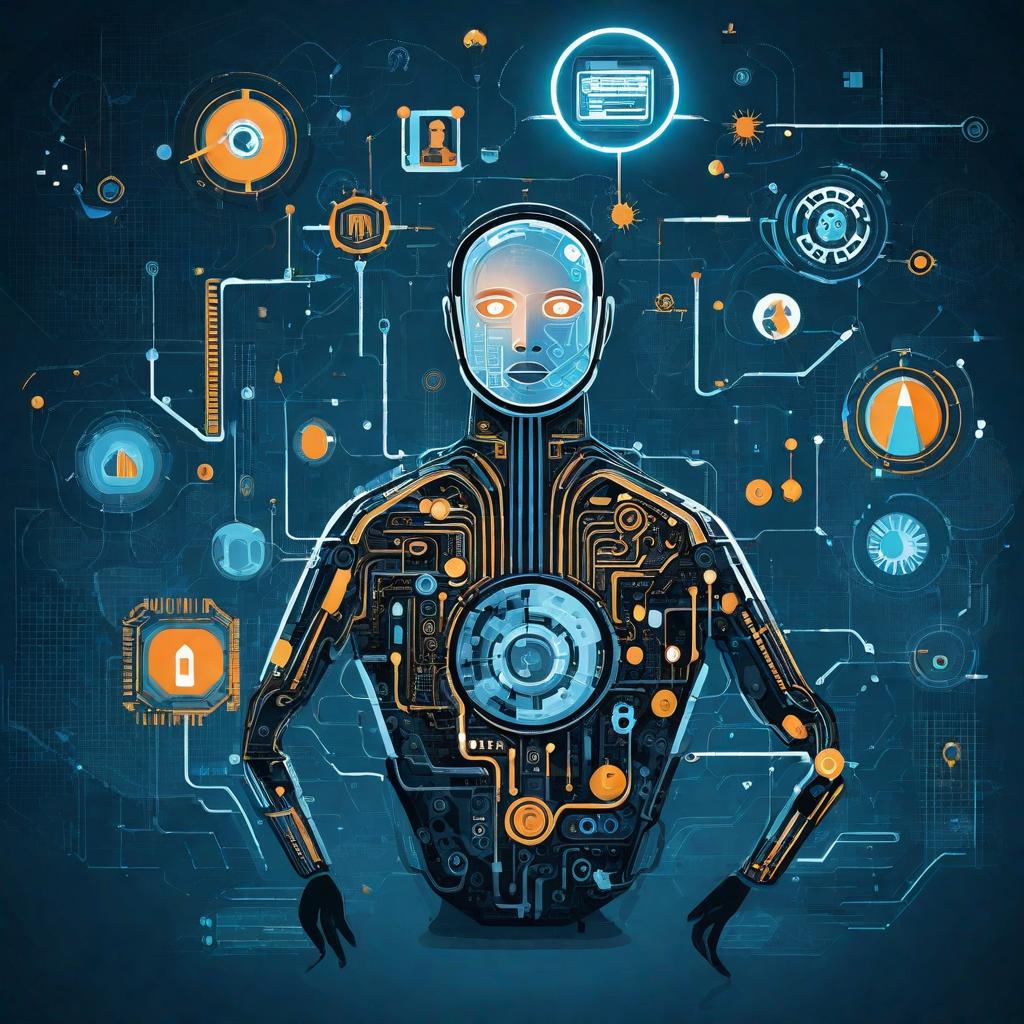
- Revolutionizing Healthcare by AI: Artificial Intelligence (AI) is reshaping the healthcare landscape, empowering doctors to make more accurate diagnoses, suggest tailored treatments, and closely monitor patients’ health. In the world of medical research, AI has been a game-changer, accelerating the discovery of new drugs and vaccines. A notable example is the role of AI in accelerating RNA sequencing for cutting-edge vaccine development.
- AI-powered education transformation: AI-powered solutions are revolutionizing education, providing teachers with the ability to personalize learning experiences, effectively assess student performance, and provide timely feedback. Similarly, students now have the opportunity to learn at their own pace, access a plethora of online courses, and connect with virtual teachers. In particular, platforms like Coursera harness the power of AI to deliver top-tier educational content.
- Entertainment Enhanced by Artificial Intelligence: Artists in the entertainment industry are leveraging AI to create captivating music, movies, games, and other forms of artistic expression. Additionally, AI algorithms are helping consumers find and enjoy content tailored to their specific preferences. A prime example of this is Netflix, which is using AI to curate personalized movies and show recommendations to its users.
- Security Reimagined with AI: In the field of security, AI is a formidable ally for law enforcement agencies, aiding in crime prevention, quick case resolution and effective law enforcement. It also provides strong security to individuals and organizations, protecting their valuable data and devices from persistent cyber threats. One notable system, Face++, uses advanced facial recognition to identify and verify individuals with remarkable accuracy.
- Manufacturing precision through AI: The manufacturing sector is experiencing a significant transformation courtesy of AI, which is helping manufacturers design, produce and deliver products more efficiently. Furthermore, AI-powered solutions empower workers to efficiently operate machinery, maintain stringent quality controls, and optimize complex manufacturing processes. A prime example of this is Tesla, which is at the forefront of the use of AI in creating self-driving vehicles.
- Finance: AI is revolutionizing the financial sector by automating tasks like fraud detection, algorithmic trading and customer service. It also plays an important role in credit scoring and risk assessment.
- Agriculture: AI is optimizing agricultural practices by enabling precision agriculture. AI-enabled drones and sensors help farmers monitor crop health, soil conditions and water use, thereby increasing yields and sustainability.
- Environmental protection: AI helps in monitoring and protecting the environment. It is used to analyze climate data, track wildlife populations, and manage natural resources more effectively, contributing to conservation efforts.
- Transportation and Logistics: The transportation industry is adopting AI with autonomous vehicles, route optimization, and predictive maintenance. AI-powered navigation systems improve safety and efficiency in travel and logistics.
- Customer Service: AI-powered chatbots and virtual assistants are transforming customer service across various industries, providing quicker support, responding to inquiries and enhancing the overall customer experience.
AI Ethics: Balancing Innovation and Responsibility

- Artificial Intelligence (AI) stands as a powerful force poised to bring societal benefits, yet it is accompanied by a tapestry of ethical dilemmas that demand our investigation. Among the ethical concerns associated with AI are:
- Privacy and surveillance: The proficiency of AI in collecting, processing and interpreting personal data gives rise to questioning over data acquisition, its secure retention, sharing protocols and the fundamental notion of informed consent. Consider facial recognition systems, which can identify individuals and surreptitiously surveil them without their consent.
- Bias and discrimination: AI works by learning from data. Should this data contain inaccuracies or inherent biases, AI systems have the potential to perpetuate and amplify these biased elements. In real-world scenarios such as hiring or sentencing, this may result in discrimination based on factors such as race, gender, or other distinguishing characteristics.
- Explainability and transparency: The inherent complexity of AI often shrouds its decision-making processes in mystery, raising concerns about reliability and accountability. This issue takes centre stage in areas where AI impacts human life, such as medical diagnostics or the deployment of autonomous vehicles.
- Human dignity and agency: The ability of AI to augment or replace human roles raises questions about how it respects human dignity, values, and autonomy. It is paramount that AI systems in areas such as education or companionship work in a way that preserves these integral aspects of humanity.
- Loss of human skills: Over-reliance on AI for decision-making and problem-solving may lead to a decline in essential human skills, such as critical thinking, creativity, and emotional intelligence.
- Ethical dilemmas: AI in autonomous vehicles (for example, deciding how an AI system should prioritize the safety of vehicle passengers versus pedestrians) and health care (for example, how to allocate limited medical resources to AI Should) can create ethical dilemmas in areas such as
- Dependence on AI: Society’s increasing reliance on AI for everyday tasks could lead to vulnerabilities if these systems fail or are compromised. Dependence on AI could make us more vulnerable to disruption.
- Regulatory Challenges: The rapid pace of AI development often outstrips regulatory frameworks. Governments and international organizations face the challenge of creating rules that balance innovation with safety and ethical considerations.
- Isolation and isolation: As AI-powered virtual assistants and robots become more common, there is a concern that people may become more socially isolated and less reliant on human interaction.
- Environmental impact: The energy consumption of large AI data centres can be significant, which may contribute to environmental concerns, especially if not managed efficiently.
- Balancing the potential of AI with these ethical dilemmas is essential to charting a path that promotes responsible and beneficial integration of AI into our society.
AI’s Future Unveiled: Questions, Dreams, and Changes
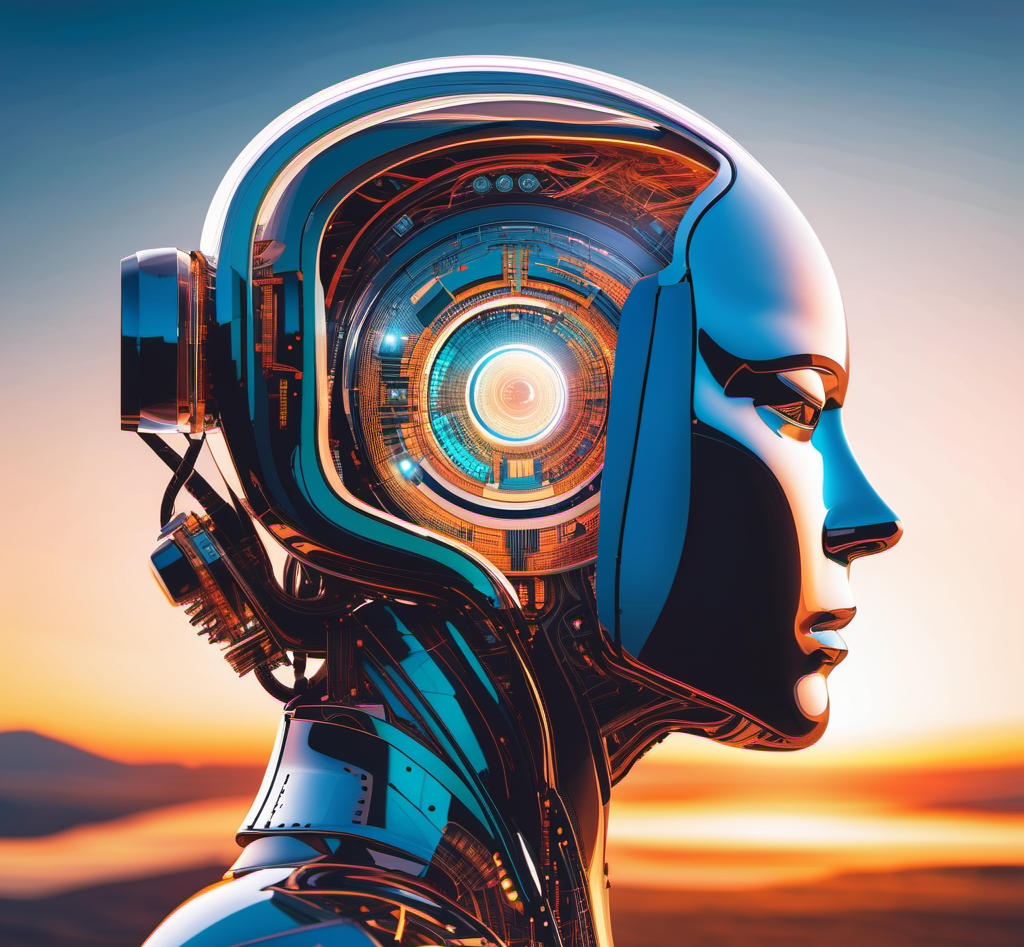
- A lot of people have different perspectives on artificial intelligence (AI), which is somewhat like a crystal ball. About what it can do, some people are extremely enthused, while others are more cautious. Here are some inquiries that are frequently asked:
- What’s ahead in 10 years: Imagine that you have a magical window, and you can see into the future 10 years from now. What do you think you’ll see? This is a bit like asking what AI will do in the next 10 years.
- The best new ideas: Imagine AI as a treasure trove full of amazing ideas. People are working hard to unlock these treasures and make AI even better. It’s like discovering hidden secrets.
- The good and the not-so-good: AI is like a superhero with special powers, but sometimes it can use those powers in ways that aren’t so great. We need to figure out how to ensure that AI does more good than bad.
- Helping and hurting: Like a helpful friend, AI can make our lives easier in some ways, but it can also make things difficult in other ways. We have to be careful and use AI wisely.
- Changing job sizes: Imagine you have a toolbox, and you use different tools for different jobs. AI is like a new tool in our toolbox, and it could change the way people work. Therefore, we will need to learn how to use this new tool.
- AI is teaming up with other technology: Think of AI as a superhero teaming up with other superheroes like big data, robots, the Internet of Things (IoT), and cloud computing. Together, they can do amazing things!
- Becoming smarter and wiser: At the moment, AI is like a smart student, but it is still learning. In the future, it may be as smart as a teacher and be able to do even more.
We don’t have all the answers about the future of Artificial Intelligence because it’s like an exciting adventure story. We’ll have to wait and see what happens, but it’s fun to imagine all the possibilities!
Envisioning the journey of Artificial Intelligence: what may lie ahead
Now, let’s step into the role of a storyteller and paint some vivid pictures of what the future of Artificial Intelligence could look like:
- AI for everyone: Imagine a world where everyone, no matter where they are from or what they do, has access to AI tools. It’s like sharing the magic of AI with the whole world. People can use AI to improve their lives, whether it’s learning new things, solving problems, or starting their own businesses. It’s like giving everyone superpowers.
- AI is becoming smarter: Imagine AI as a student in the classroom. Right now, it is a smart student, but it is still learning. In the future, it can become a teacher and share knowledge and wisdom with us. It can understand our emotions, speak like a human and even make intelligent decisions. It’s like having a super-smart friend.
- Impact of AI on our lives: Think about how AI can be a superhero in our daily lives. It can help doctors make better diagnoses, make education more entertaining and personalized, create amazing entertainment like movies and games, and keep us safe. It’s like having a trusted companion with us.
- AI is teaming up with other superheroes: Imagine AI, big data, robots, IoT, and cloud computing as a team of superheroes. They work together seamlessly, like a well-choreographed dance, to solve complex problems and create incredible things. It’s like a superhero crossover event in a blockbuster movie.
The future of Artificial Intelligence is like an open book with blank pages waiting to be filled with exciting stories. We can’t predict every twist and turn, but one thing’s for sure: It’s going to be an epic adventure, and we’re all part of it. So, let’s embrace the journey, keep asking questions and be curious about what the future of AI holds.
In the ever-evolving tapestry of technological advancements, Artificial Intelligence has emerged as a defining thread, weaving its way into the fabric of our lives. From its origins as a theoretical concept to its current role as a transformative force, AI has not only reshaped industries but also sparked intense discussions on ethics and the future of our society.
As we conclude this journey through the history and impact of AI, it is clear that we stand on the threshold of a new era. The possibilities and challenges presented by AI are limitless, and our responsibility to navigate them intelligently is paramount. Whether you’re an enthusiast, a sceptic, or simply curious, the world of AI invites us all to join a dialogue that shapes our collective future.
Remember, Artificial Intelligence is not just a technology; It is a reflection of our ingenuity, a testament to our capacity for innovation, and a canvas on which we can paint a brighter tomorrow. As we move forward, let’s embrace the potential of AI while remaining vigilant in our commitment to ethical and responsible development. The journey continues, and the story of AI is not over yet. What’s next is as exciting as it is uncertain, and it’s up to all of us to write the next chapter.
Frequently Asked Questions (FAQs):
1. What exactly is Artificial Intelligence (AI), and how does it work?
- We’ll break down the concept of Artificial Intelligence, explaining what it is, how it functions, and its various forms, from machine learning to neural networks.
2. What are some practical applications of Artificial Intelligence in today’s world?
- Explore real-world examples of Artificial Intelligence in action, from healthcare diagnostics to autonomous vehicles, and understand how AI is making a tangible difference in our lives.
3. What are the ethical concerns surrounding Artificial Intelligence, and how are they being addressed?
- Delve into the complex ethical questions raised by Artificial Intelligence, including issues related to privacy, bias, and the potential for job displacement, and learn about ongoing efforts to navigate these challenges.
4. Can Artificial Intelligence really transform the future of humanity, and if so, in what ways?
- We’ll discuss the transformative potential of Artificial Intelligence, examining how it may shape our future in areas like healthcare, education, and the workforce.
5. How can individuals and society at large prepare for the continued rise of Artificial Intelligence?
- Discover practical steps individuals, organizations, and governments can take to harness the benefits of Artificial Intelligence while ensuring responsible and equitable deployment in our increasingly AI-driven world.

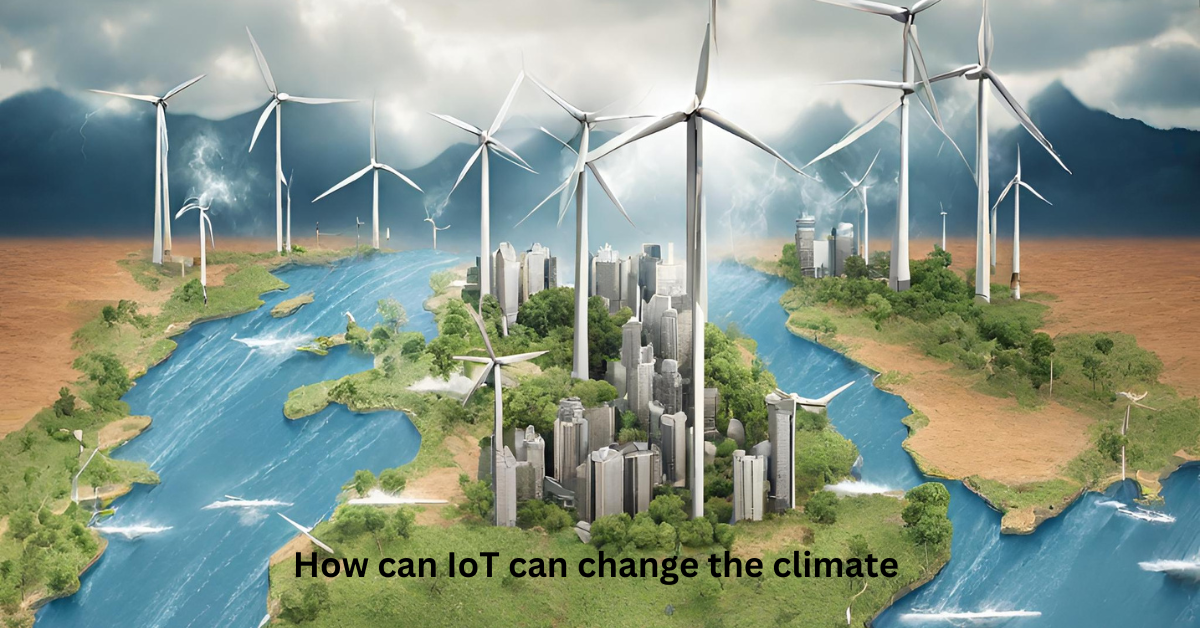







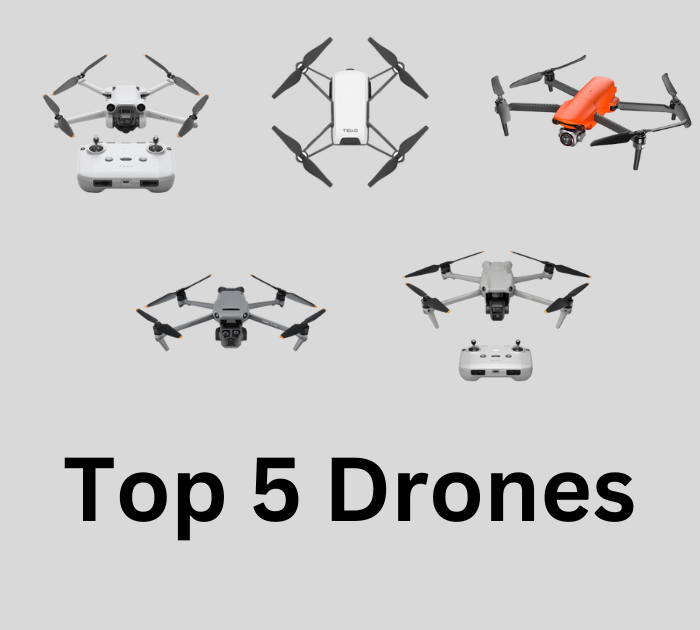























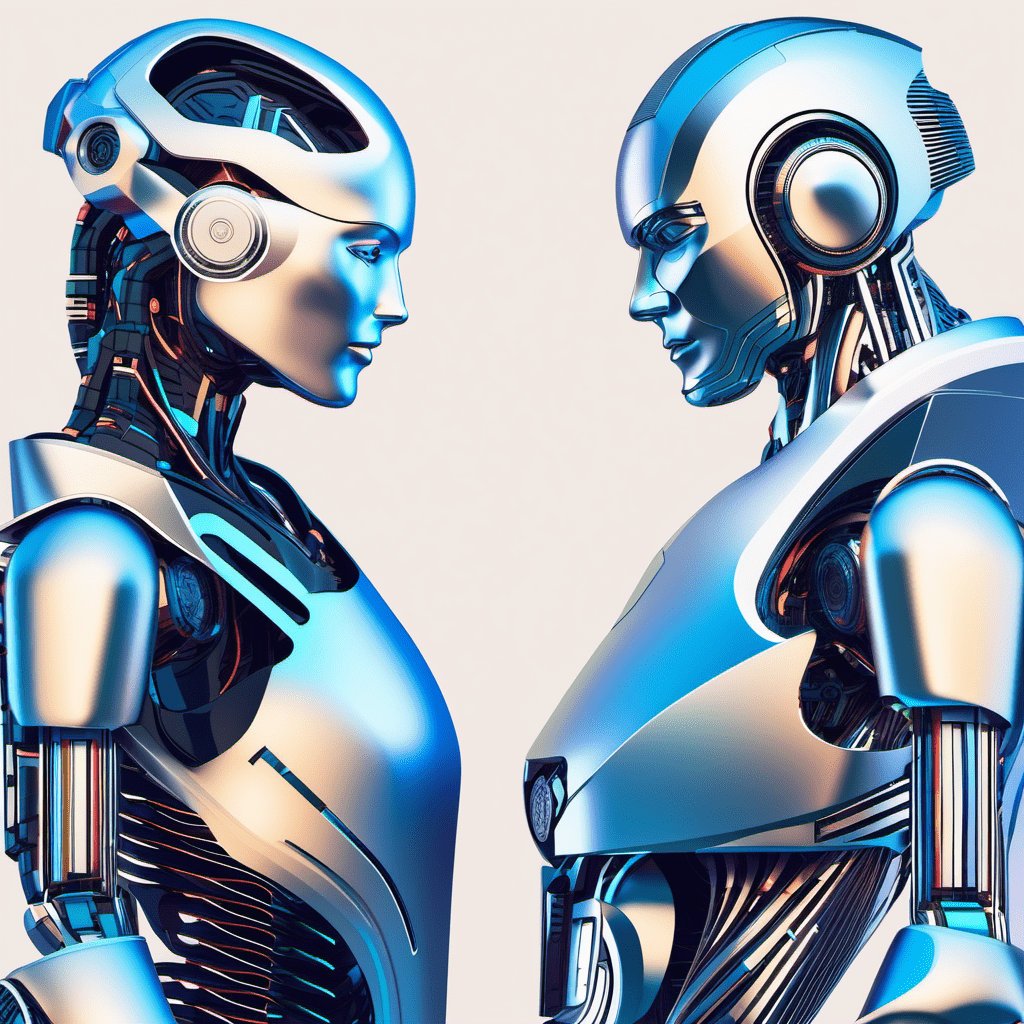

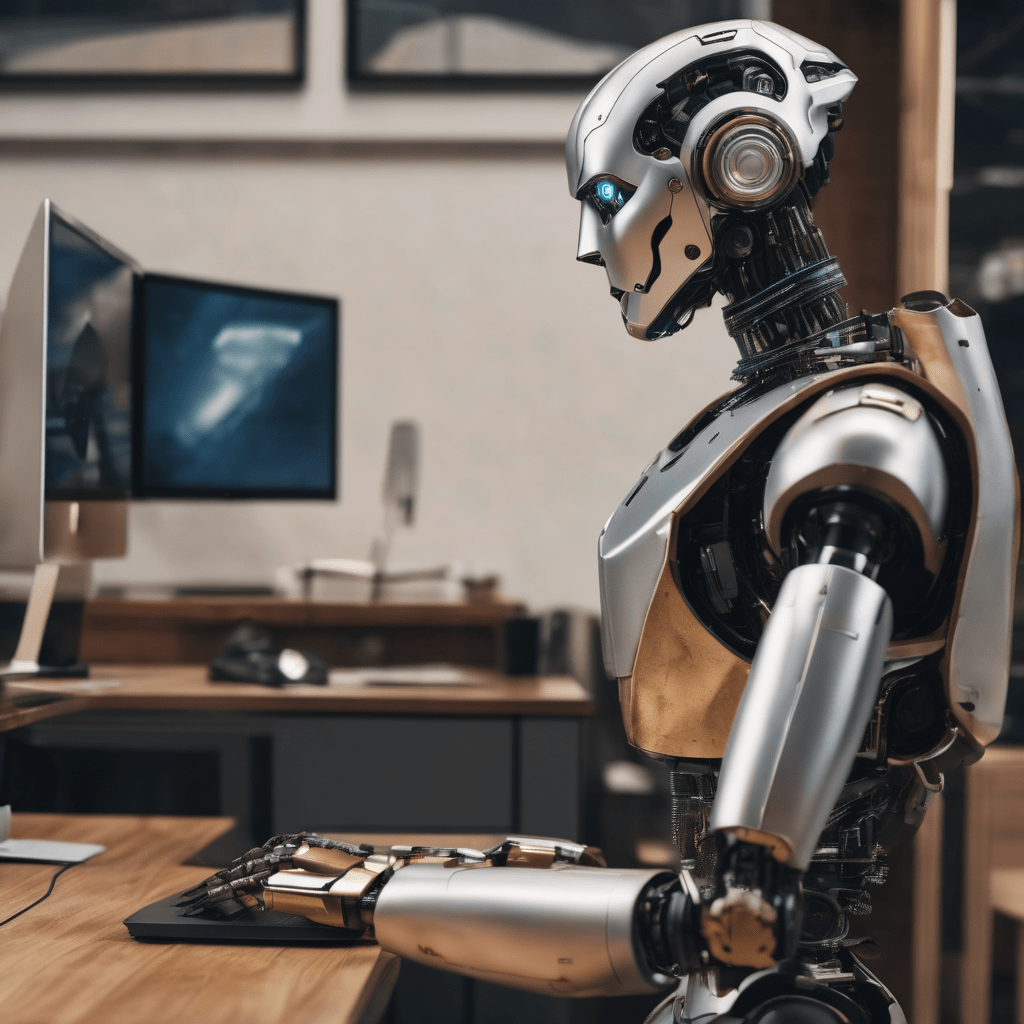
Hi, Neat post. There is a problem with your website in internet explorer, may test this?K IE still is the market chief and a large portion of other folks will leave out your excellent writing because of this problem.